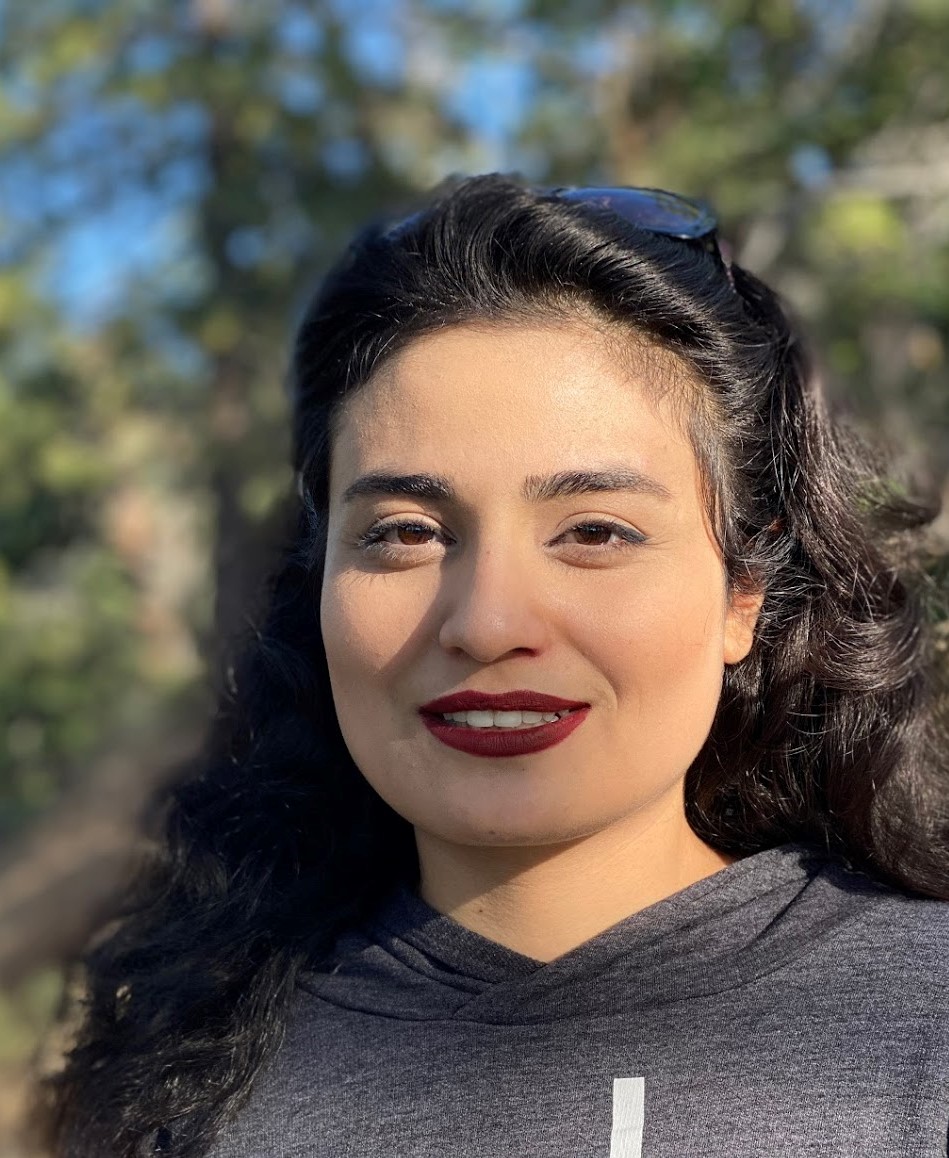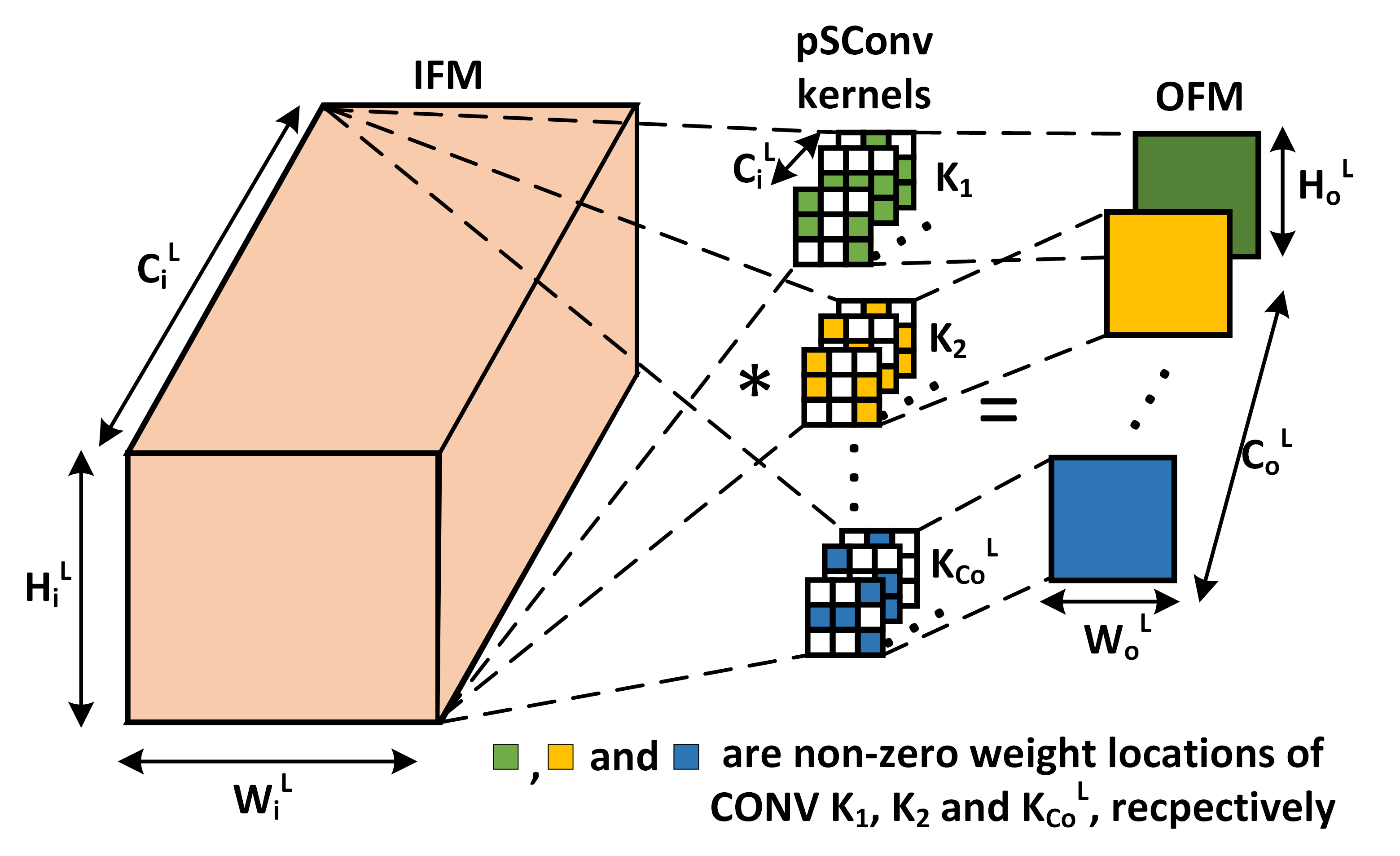
Short Bio
Haleh received the B.Sc. and M.Sc. degrees in electrical and biomedical engineering from the Ferdowsi University of Mashhad, Mashhad, Iran, in 2014 and 2017, respectively. She joined the University of Southern California Ph.D. program in Biomedical Engineering as a Viterbi fellow. Her research spans the theory and practice of biomedical signals and imaging processing, machine learning, and data science. Her current research focus is on developing machine learning methods that address the difficulty of applying conventional deep learning models on real-world datasets. More precisely, As a result of her PhD work, She expect to achieve improvement in three major ongoing research areas for unsupervised methods: 1) robustness, 2) generalizability, 3) uncertainty estimation. The newly developed deep learning methods will be used to map anatomical and functional brain changes caused by TBI and from these changes identify distinguishing biomarkers that indicate increased likelihood of the onset of PTE.



